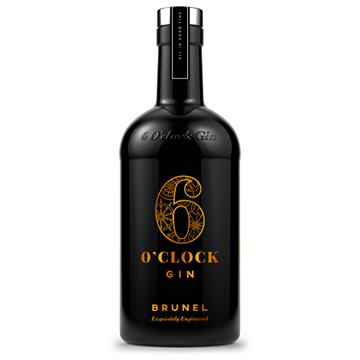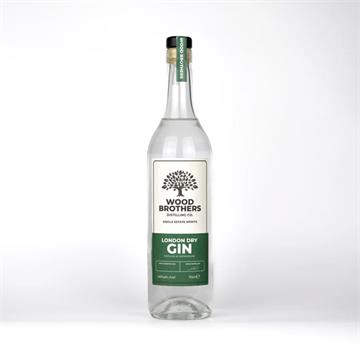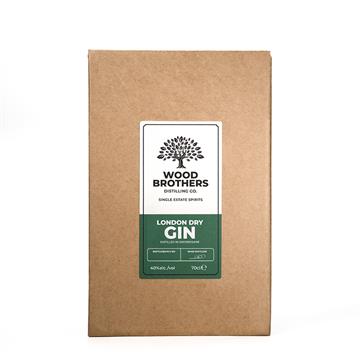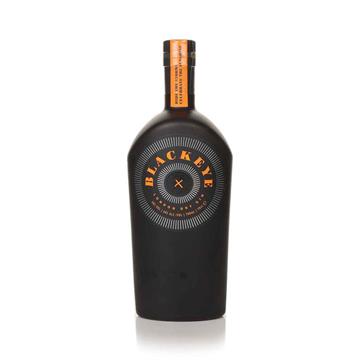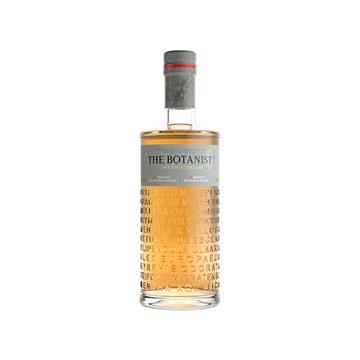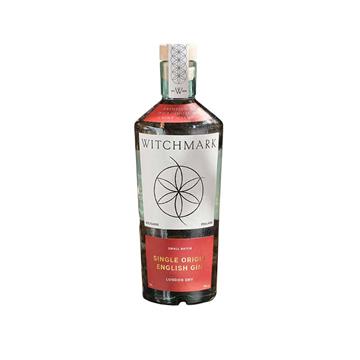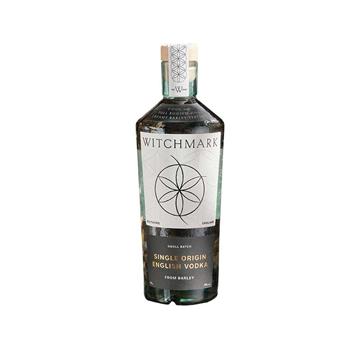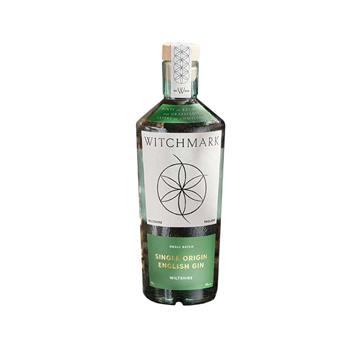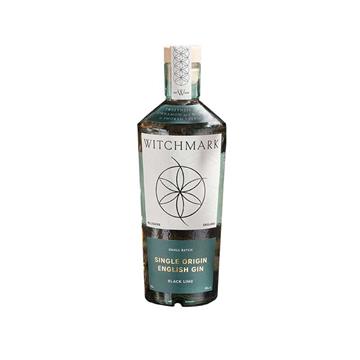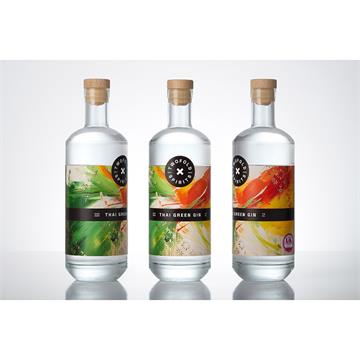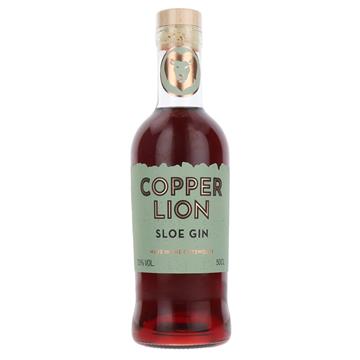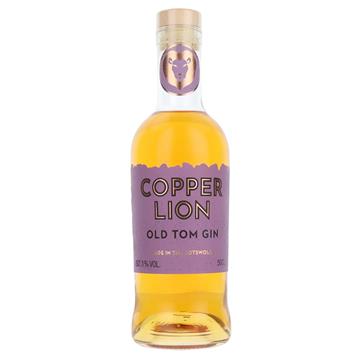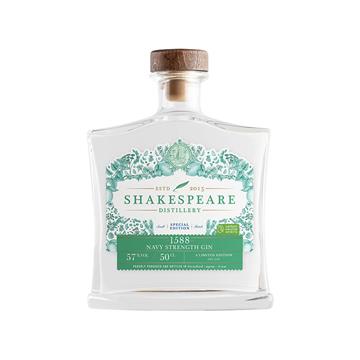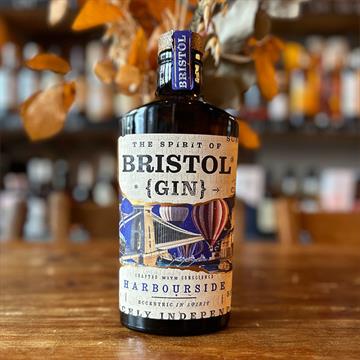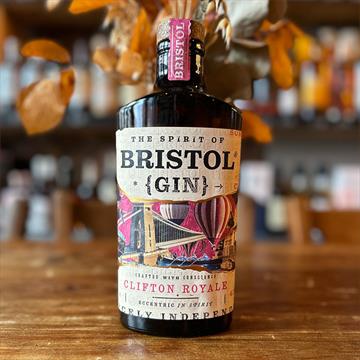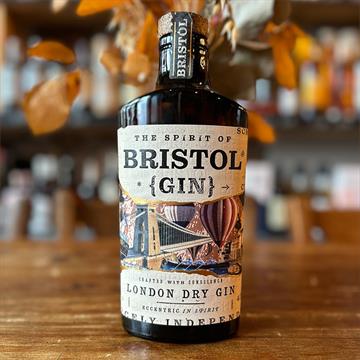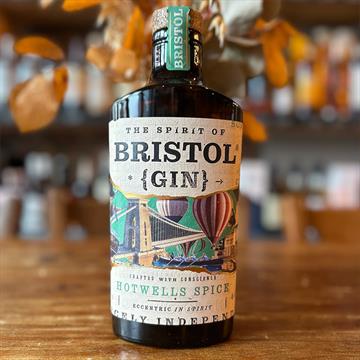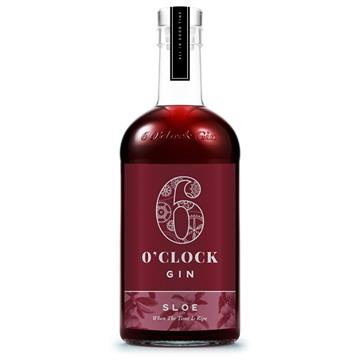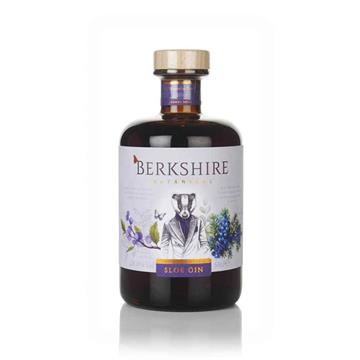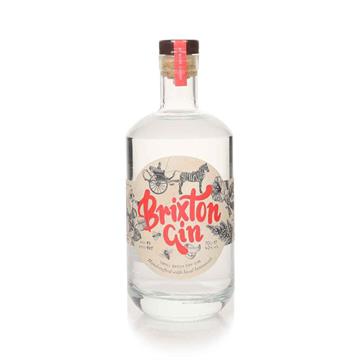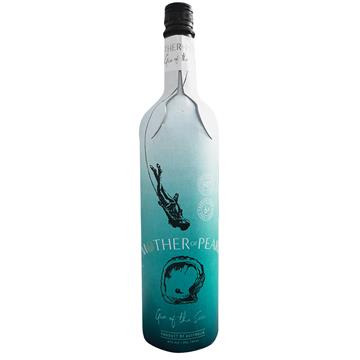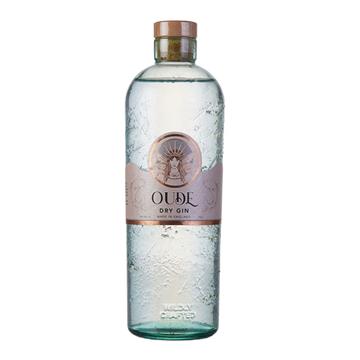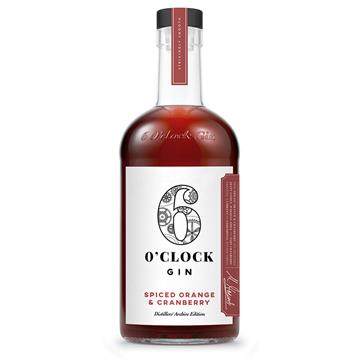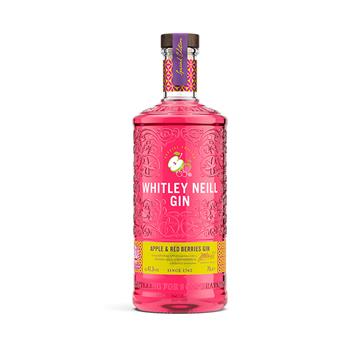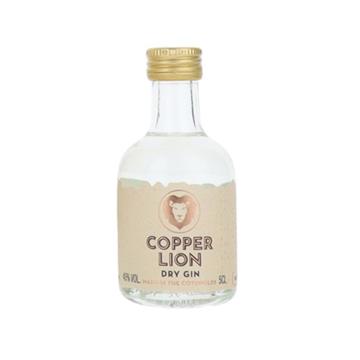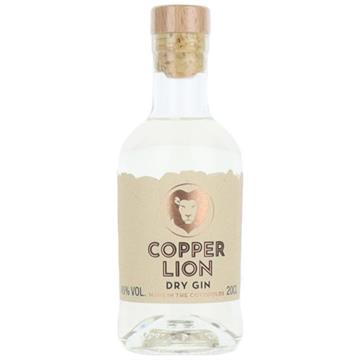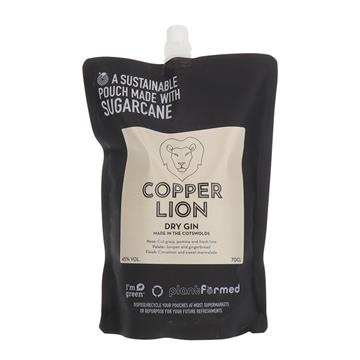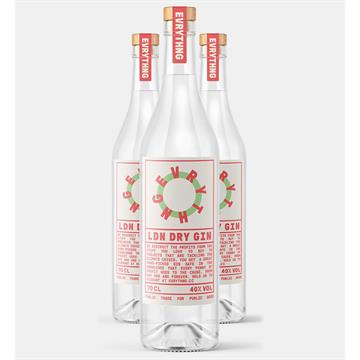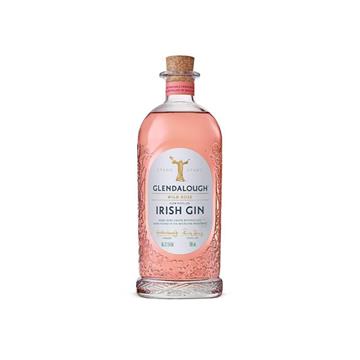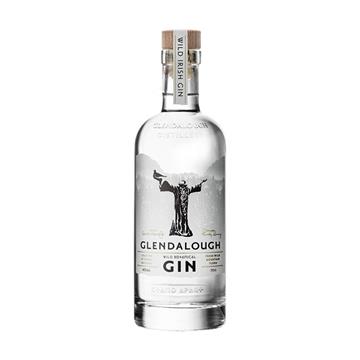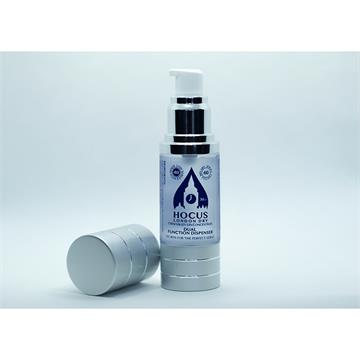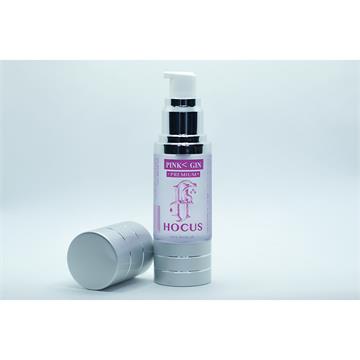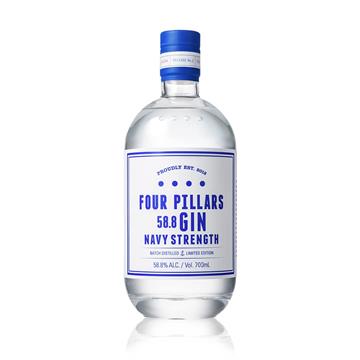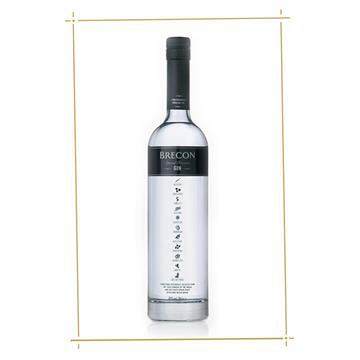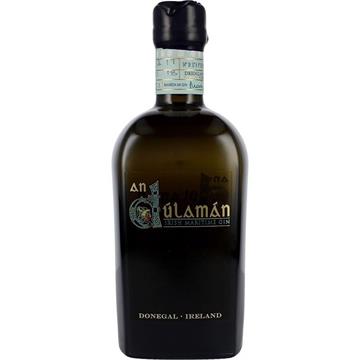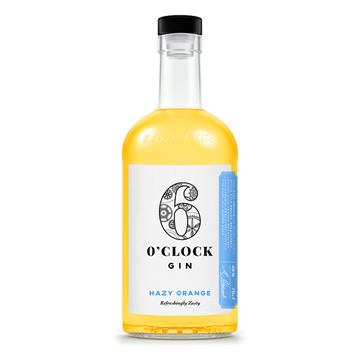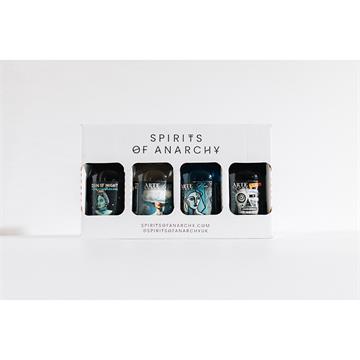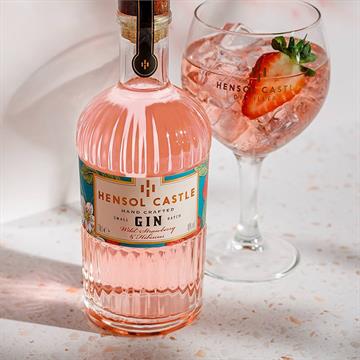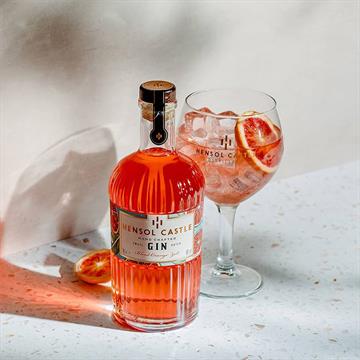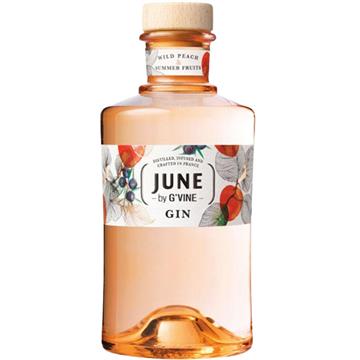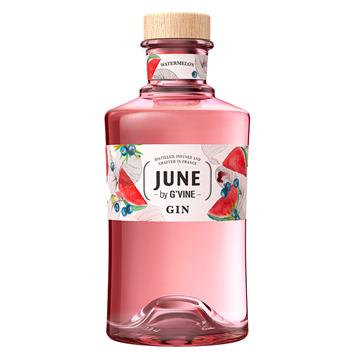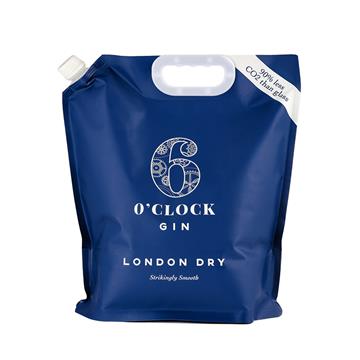You must be of legal drinking age to enter this site
Wholesale Gin Suppliers and Distributors
Browse hundreds of wholesale Gins for your venue
GIN - noun
- An alcoholic liquor obtained by distilling grain mash with juniper berries.
- An alcoholic liquor similar to this, made by redistilling spirits with flavouring agents, especially juniper berries, orange peel, angelica root, etc.
HOW IT STARTED.
Gin has been documented as far back as the 16th-century where it was offered as a drop of 'dutch courage' for soldiers before going into battle.
HOW IT'S GOING.
Well, it couldn't go much better, could it really? Gin has most definitely outlasted its 'craze' status and certainly stood the test of time.
Filter by...
Gin Guide
Gin is defined as a clear alcoholic spirit distilled from grain or malt and flavoured with juniper berries. The name ‘gin’ was derived from the old English word ‘genever’, which in actual fact procured its name from the Latin word ‘juniperus’. You don’t need to be a Duolingo genius to work out that means junipers! Subsequently, we can gather that junipers are imperative to the production of gin from the early days. Moreover, Cam MacKenzie from Four Pillars Gin in Australia stated that ‘if the distillation doesn’t have juniper, or doesn’t have enough juniper, it is just a weird, flavoured vodka’. We get the feeling that the veteran gin sippers may live and die by the juniper!
History of Gin
English troops fighting in the Low Countries were perhaps the first importers of gin to British shores. In 1585 the Earl of Leicester’s troops took some Dutch Courage (a tot of gin) prior to battle as they allied themselves to The Netherlands in their conflict with Philip II of Spain.
The English needed this courage once again before fighting in Holland, this time during the 30 Years War. These troops undoubtedly returned home with some gin. In the 1660’s the famous diarist Samuel Pepys wrote of “strong water made with juniper” used as a treatment for colic; although whether this was for his own ailment or for infants remains unclear.
William of Orange ascended the British throne in 1689, immediately banned French imports, and passed laws encouraging all his new subjects to distil... an edict that was wholeheartedly endorsed! It is hard to overestimate the effect this had on the country. In London, by 1720 a quarter of all houses were actively distilling lethal concoction masquerading as gin. It would appear the working classes seemed permanently without their faculties, public health suffered, people became simply unemployable, vice reigned, and an early death predictably came none too soon.
The middle of the 18th century saw laws passed to combat these problems: gin was taxed and made available for sale only in public houses. This transformed the beverage of escapism for the working class into one of moderation for the middle class.
The subsequent invention of the continuous still in the 19th century moved the quality of gin into a new league and prior to this gin bore no resemblance to the gins of today; it was a thick, sweet, full, rich drink with heavy juniper notes.
With the advent of the continuous still improvement in both the understanding of distillation and the quality of the distillate, there was no longer a need for sugar and glycerine to mask the rank spirit.
Gradually, gin became drier, with delicate, complex flavours courtesy of a wide range of exotic botanicals; more like the drink, we know today. It became known as London Dry Gin simply because most distillers were based in the capital city. There has never been a requirement to be geographically connected to London; the term then referred to a style and now to a defined production method.
All gin is made from high strength, rectified, neutral spirit and flavouring ingredients known as botanicals. All gins include juniper berries, and EU regulations state that juniper must be the most prominent flavour. Genever can be made only in Holland and Flanders and has its own rules and vocabulary.

